The selection of a good government contract improves your chances of winning, preserves your resources, and ensures your long-term success. Most small businesses end up losing time and money seeking contracts to which they are not fit. Targeting fit opportunities and aligning them with your strengths, certifications, and previous results can also reduce risks and provide more profitability. You can identify contracts that align with your objectives by understanding what agencies are purchasing, how well you know your business, and being selective in offers that come your way.
Understand What the Government Buys
The government agencies have high prices in a variety of industries. Common contracts are related to construction, IT, logistics, staffing, janitorial services, etc. The large numbers of bids are issued by Federal buyers such as the Department of Defense (DOD), General Services Administration (GSA), Department of Veterans Affairs (VA), and Department of Transportation (DOT). Regular purchasing requirements are also posted by state and local governments. Understanding the sectors that get regular business enables vendors to bid on the appropriate contracts to save time on reflected bids.
Know Your Business Inside and Out
Each vendor requires a clear understanding of his or her strengths before bidding. Write down your primary services, and evaluate the number of your team, equipment, and budget. Your NAICS codes (North American Industry Classification System) can also help you in aligning services with state needs. If you are a Women-Owned Small Business (WOSB), Service-Disabled Veteran-Owned (SDVOSB), HUBZone, or any other business status regulation, you are eligible to receive a set-aside contract. A good internal clarity enhances your match rate and lowers proposal rejections.
How to Filter and Qualify Opportunities
Use the following checks to filter contracts that fit your strengths:
- Search your NAICS code or Product/Service Code (PSC) in matching contract listings.
- Ensure the value, location, and set aside status of the contract in terms of your type of business.
- Check previous awards and their recipients.
- Read the performance and delivery requirements to clarify your capacity
What are the Tools and Techniques to Stay Ahead?
Use these strategies to check opportunities in real time:
- Set up email alerts and saved searches on sites like SAM.gov and GSA eBuy
- Use forecasting tools from federal agencies to prepare yourself for upcoming contracts
- Monitor agency acquisition plans to see what’s being purchased soon
Consider Subcontracting Opportunities
Here are the three practical ways to gain experience and build credibility through subcontracting:
Partner with Prime Contractors Listed on SBA SubNet: Use SBA SubNet to work on existing primes, gain experience, meet compliance standards, and develop credibility on federal projects.
Build Past Performance by Contributing to Awarded Contracts: Use your subcontracting position to build an infrastructure of accomplishments and prove your capacity to be a prime contractor later.
Join Joint Ventures or Mentor-Protege Programs: Consider forming joint ventures or using the mentor-protege program of the SBA to multiply capacity, tap resources, and bid on bigger jobs with the government.
What are the Red Flags to Watch For?
The following are the three main red flags:
- Vague requirements, insufficient time, or lack of clear scope
- Other projects that are not related to your services or beyond your capabilities
- When you rely on certification-based eligibility, there are no set-asides in bids.
What are the Pro Tips for Finding the Right Fit?
Here are three proven tips to help identify the most suitable government contract opportunities:
- Participate in procurement events or matchmaking fairs that allow meeting agencies and learning about specific contract opportunities.
- Target only contracts that correspond with past work to enhance efficiency and to stand a better chance of winning regularly.
- Analyse previous gains and losses to know trends and work on better one-time bid plans.

George C. Tagg, Jr.
George serves as a trusted counsel to business leaders, non-profit executives, and management teams. George is a licensed attorney with a master’s in international affairs and over 20 years’ experience in the U.S. Congress, Department of State, Department of Defense, global public policy, and political campaigns.


